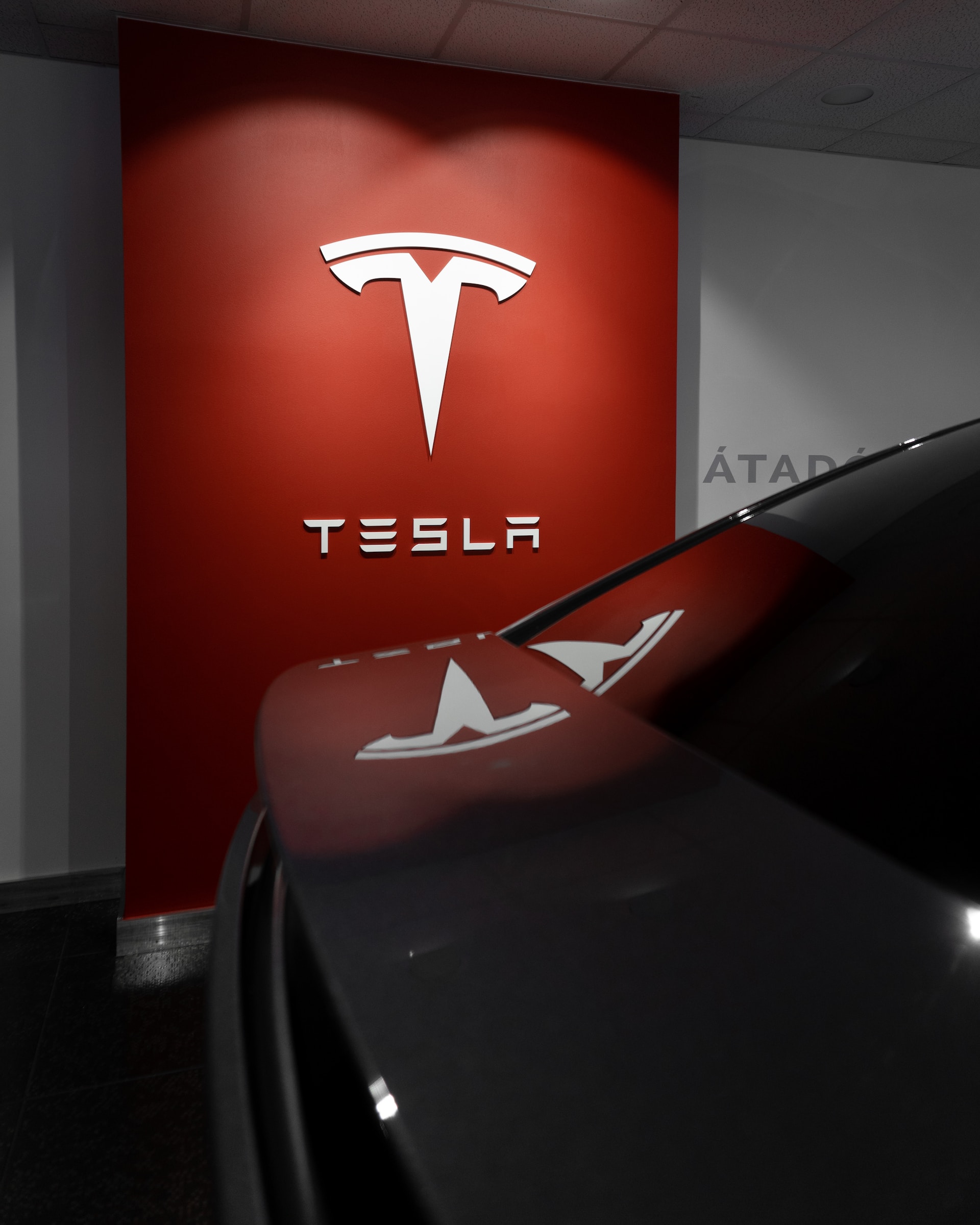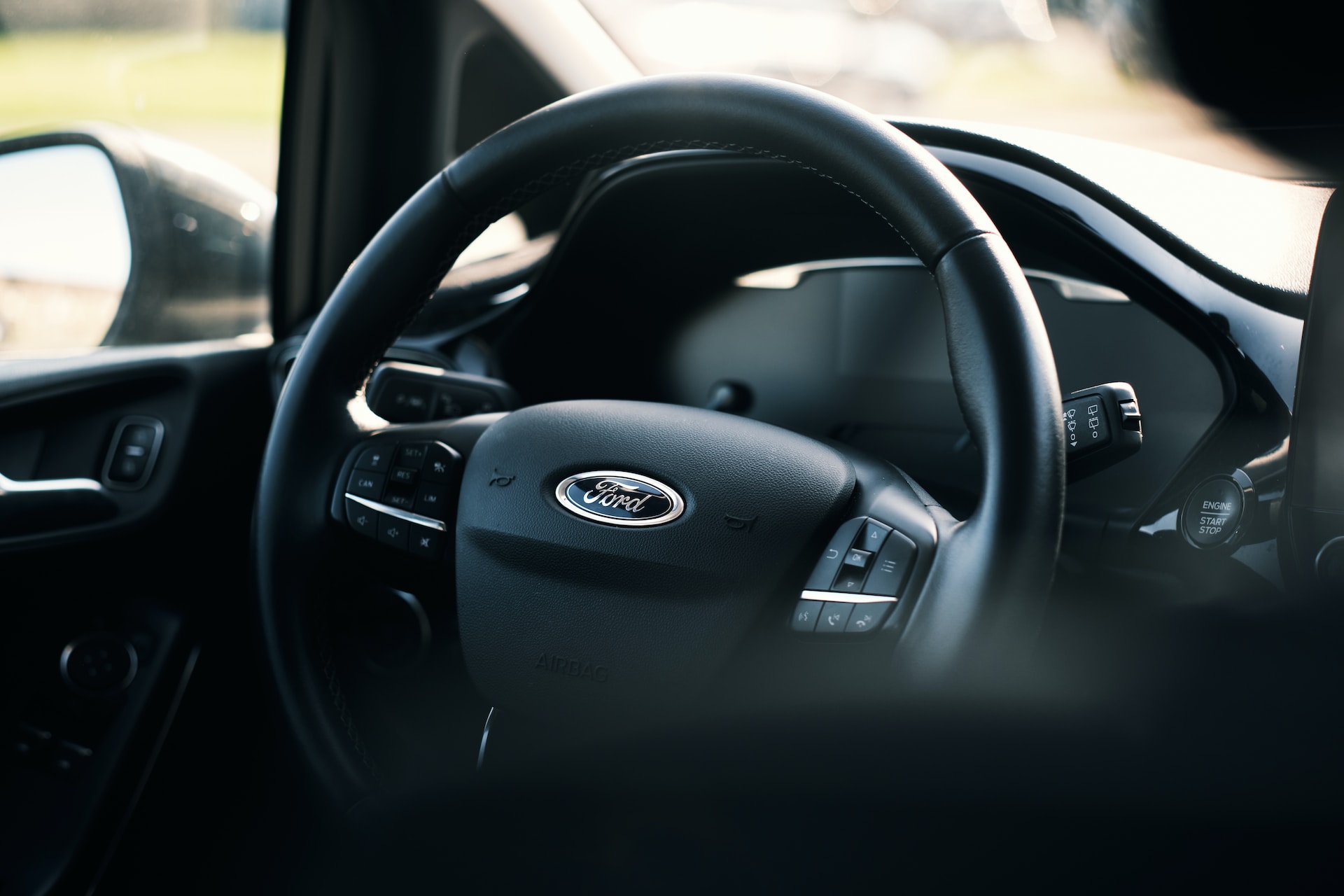China has dealt a significant blow to electric vehicle (EV) manufacturer Tesla by ordering the recall of 1.1 million vehicles over braking risks. The Chinese government’s decision has sent shockwaves through the automotive industry, raising concerns about the safety and quality control measures of one of the world’s leading EV manufacturers. In this report, we delve into the details of China’s crackdown on Tesla, analyze the identified braking risks, and examine the potential implications for both Tesla and the wider EV market.
China’s Firm Hand:
The State Administration for Market Regulation (SAMR) in China has taken a firm stance by mandating the recall of 1.1 million Tesla vehicles. The move comes after an investigation into reported incidents of braking failures and safety concerns. The SAMR has deemed the identified risks significant enough to warrant immediate action to ensure the safety of Tesla’s customers.
Braking Risks and Safety Concerns:
The braking risks associated with Tesla vehicles are at the center of China’s crackdown. One of the primary concerns is the occurrence of sudden and uncontrolled braking failures, where vehicles experience unexpected loss of braking power or engage in emergency braking without any driver input. These incidents pose a serious threat to the safety of both Tesla drivers and pedestrians.
Investigations and Consumer Complaints:
China’s decision to order the recall stems from a series of consumer complaints regarding braking issues in Tesla vehicles. Owners have reported instances of delayed braking response, erratic braking behavior, and unexpected deceleration. These incidents, coupled with their potential impact on driver and pedestrian safety, prompted the SAMR to launch a thorough investigation and take decisive action to protect consumers.
Tesla’s Response and Accountability:
Tesla has acknowledged China’s recall order and has committed to fully cooperating with the Chinese authorities. The company has emphasized its dedication to safety and has pledged to address the identified braking risks promptly. Tesla’s response to the recall and its ability to rectify the issues will be closely monitored to ensure that it upholds its accountability to its customers and regulatory standards.
Reputation and Market Impact:
China is a critical market for Tesla, and any setback in this region can have far-reaching consequences. The recall order has the potential to impact Tesla’s reputation, consumer trust, and market share in China. It serves as a wake-up call for Tesla to reassess its quality control measures and strengthen its commitment to safety to regain the confidence of Chinese consumers.
Global Ramifications:
The recall order in China also raises concerns about Tesla’s global operations and manufacturing processes. It may prompt other countries to scrutinize Tesla vehicles for similar braking risks, potentially leading to additional recalls or regulatory actions. The incident serves as a reminder that even established automakers must prioritize safety and quality control as they expand their global footprint.
Industry Implications:
China’s crackdown on Tesla has wider implications for the EV industry as a whole. Governments and consumers are increasingly focused on the safety and reliability of electric vehicles. The incident underscores the importance of stringent safety standards, rigorous testing protocols, and transparent communication between automakers and regulatory authorities.
Conclusion:
China’s mandate for Tesla to recall 1.1 million vehicles over braking risks represents a significant challenge for the EV manufacturer. As Tesla works to address the identified braking issues and restore consumer confidence, its response will be closely monitored by both Chinese consumers and the global automotive industry. The incident highlights the critical role that safety and quality control play in the EV market and serves as a reminder that automakers must remain vigilant to ensure the protection of their customers.











